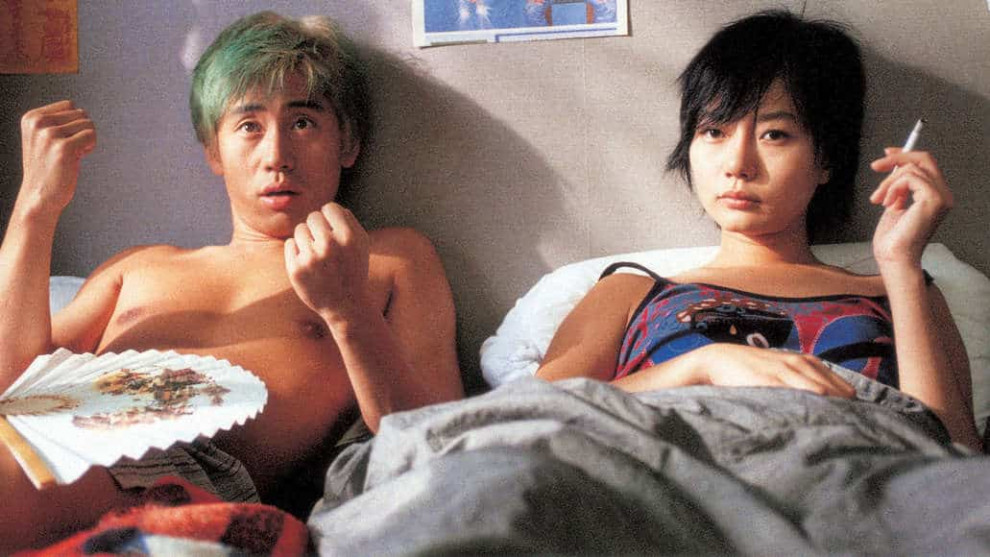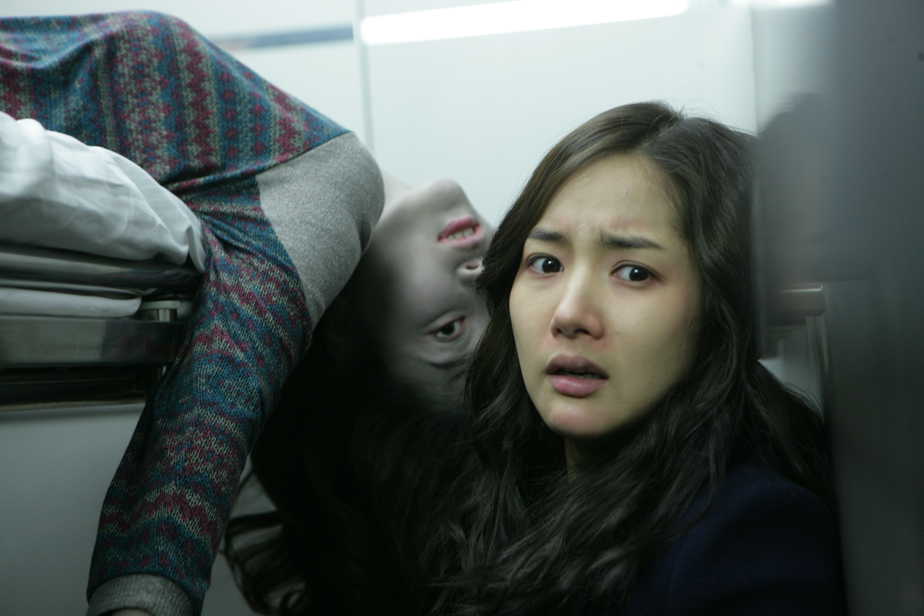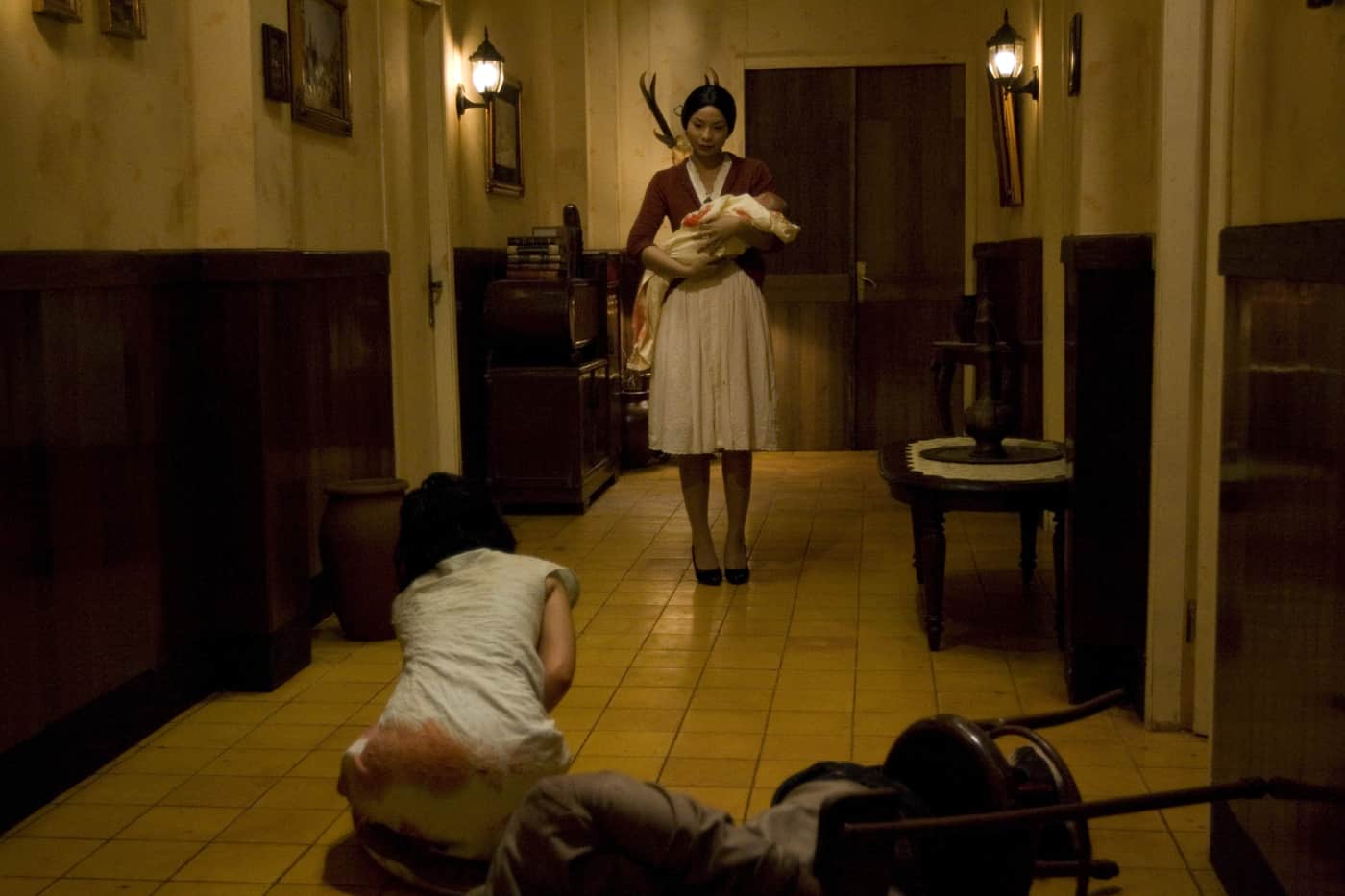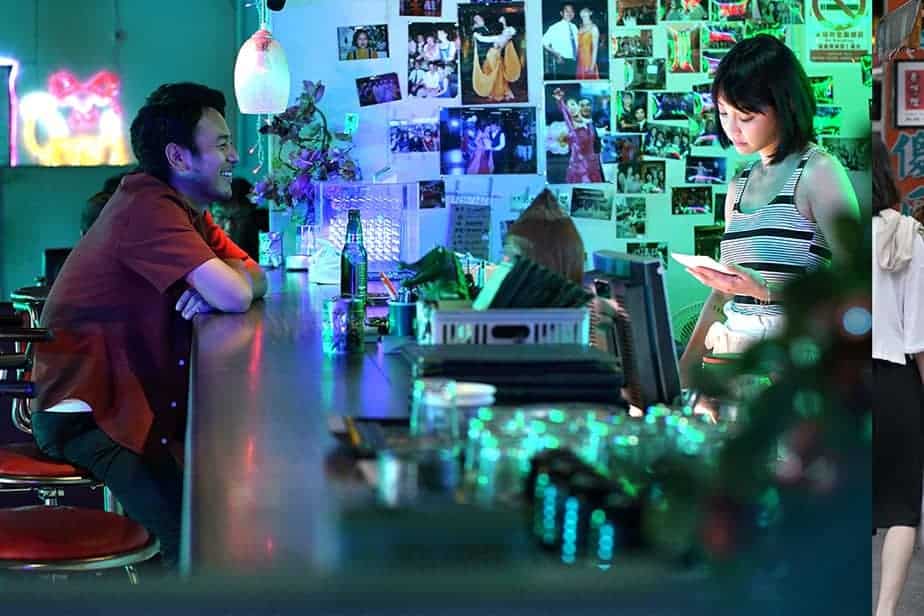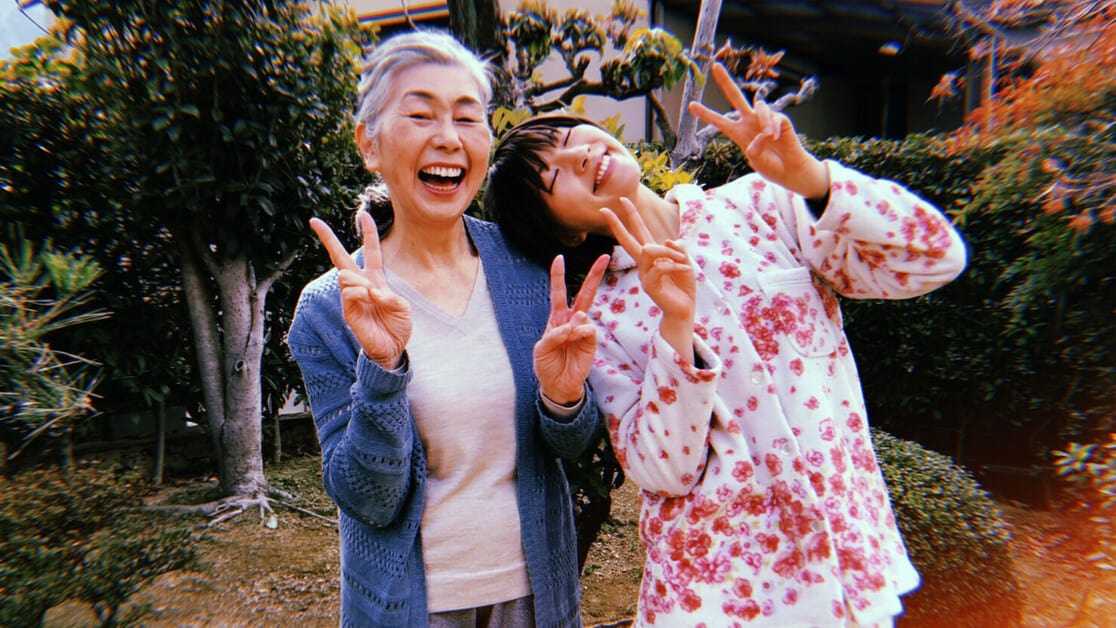The first part of what came to become one of the most iconic titles of Korean cinema is another testament to Park Chan-wook immense directorial abilities, and a truly masterful movie.
Ryu is a deaf-mute who works in a factory while he also has to take care of his sick sister, who is in desperate need of a kidney transplant. The situation takes a turn for the even worse when the doctors inform him that he is not a suitable donor and at the same time, he is fired from his work. Utterly desperate, he decides to search in the black market for a kidney, and although he manages to find some people who can help him, they prove to be con men who eventually take all his compensation and one of his own kidneys, and leave him injured and naked in an unknown building. Seeing Ryu in this situation, his girlfriend, Yeong-mi, an anarchist, suggests kidnapping the daughter of his boss, Dong-jin, who has laid-off many workers from his factory.

Park Chan-wook presented the extremes an individual can reach when they find themselves in desperate situations. Revenge, the central theme of the film, results from the aforementioned situations and is presented in four axes. Ryu wants to exact revenge from those who tricked him. Yeong-mi wants to exact revenge from the “Capital.” Dong-jin wants to exact revenge from those who kidnapped his daughter. Yeong-min's fellow terrorists want to exact revenge for their comrade. In this fashion, Park wanted to present the futility of revenge, as all of the aforementioned succeed in their purpose but gain nothing from it. Quite the contrary, actually.
Violence is present almost everywhere in the movie, but Park refrained from portraying it in the graphic way of his next works, thus resulting in the most accessible entry of the trilogy, although there are still some gruesome scenes. The rest of his characteristics, though, are present, including the black and grotesque sense of humor, the irony, the artful use of silence, and the fact that the things that are implied are as many as the ones depicted on screen.
Shin Ha-kyun as Ryu, Bae Doona as Cha Yeong-mi and Song Kang-ho as Dong-jin are all magnificent in their respective parts. Particularly the first two have very difficult parts, since Ha-kyun does not speak at all and Doona had to speak and to use sign language at the same time, and the delivered to the fullest.
Technically, Kim Byeong-lee's cinematography presents amazing images of extreme realism and grotesque beauty while Kim Sang-beon's editing is crucial in the understanding of a film that includes very little dialogue.
“Sympathy for Mr. Vengeance is actually a melodrama, which transcends, though, the borders of the category through the theme of revenge, eventually resulting in a true tragedy.


